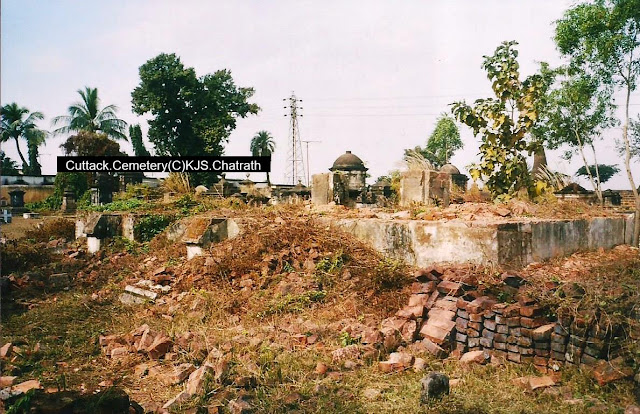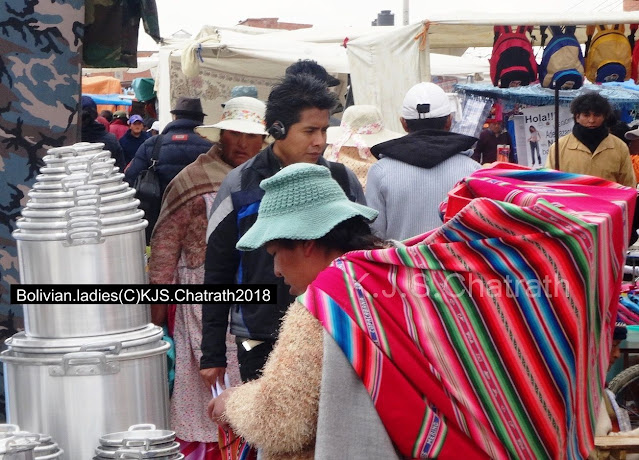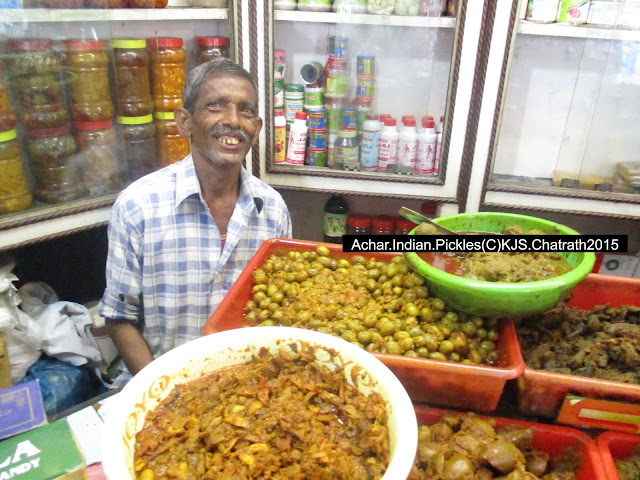'Britishers lying in Cuttack Cemetery, Cuttack, Odisha, India' - by KJS Chatrath

I visited the Cuttack English cemetery, known locally as the ‘Gora Kabar’, meaning the cemetery of the white people in 2006. The Gora Kabar, one of the biggest and oldest cemeteries in Odisha was set up in a 5 acres land by the banks of River Mahanadi on the outskirts of city then by the East India Company (EIC) in 1822. By the end of 1803, the EIC had defeated the Marathas and captured Barabati. The presence of English officials and their families became significant after this occupation, and hence the need for a graveyard. It was established in 1822 to bury British officials and their family members. Managed by the Odia Baptist Church of the city at present, the cemetery also houses the tomb of Madhusudan Das, known as the Madhusmruti. Das was a noted leader and is known as the architect of modern Odisha. A nephew of English author Somerset Maugham was buried here. As the local information goes, a few years ago, his successors from England tracked the tomb and visited Gor...

